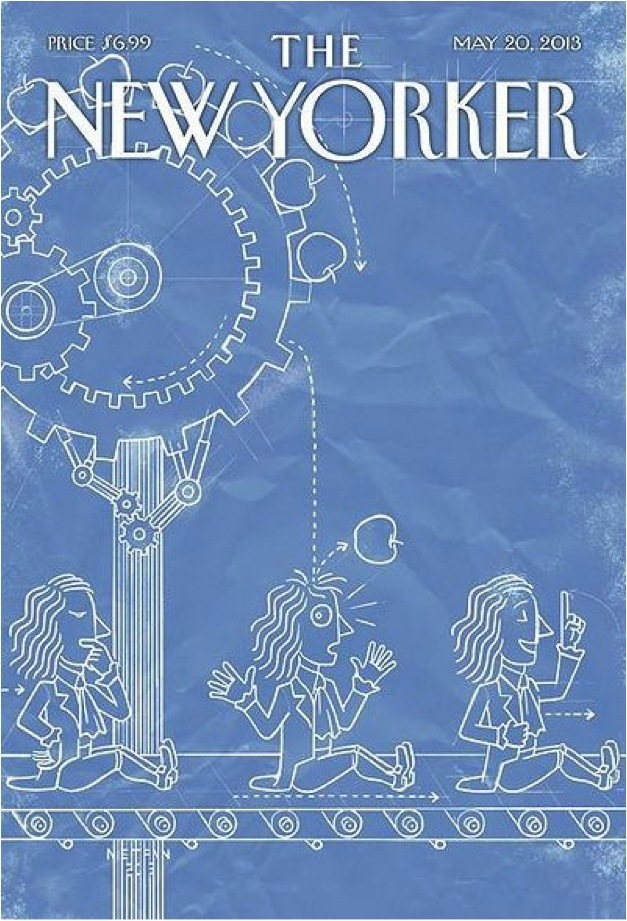MOOC controversy
When you think about it, the education infrastructure in the United States is about as decentralized as you can get. Thousands of universities teach similar versions or the same material. If you wanted to learn about geography, for example, you have your choice of several thousand introductory courses at colleges and universities across the country—many of which have their own textbooks, perhaps with their own regional focus, and professors with their own expertise and bias. In addition, there’s no shortage of other resources – books, online tutorials, user groups and forums, etc. With all this effort being expended to teach essentially the same subject, one wonders if there’s a way to streamline it all.
Enter the Massive Open Online Course (MOOCs). MOOCs leverage technology to deliver the same knowledge on a much larger scale than any physical classroom, with the possibility of using big data analysis to constantly enhance the effectiveness of courses. MOOCs have the potential to deliver learning material to an almost limitless number of people – a celebrated Stanford MOOC on artificial intelligence saw its enrollment swell to 160,000 in late 2011.
However, the rise on MOOCs has not come without its controversy, as Nathan Heller outlines in an excellent The New Yorker article ‘Laptop U.’
The Laptop U "Instruction for Masses Knocks Down Campus Walls" itself clocks in at about 9,000 words, but it’s as concise an introduction into the MOOC phenomenon as you’ll find anywhere. While Heller focuses primarily on course development in a university environment, he also touches on the concerns some faculty members voice against moving courses online. Recent faculty protests at San Jose State and Amherst have crystallized the opposition to the latest trend in higher education. Some believe that adopting Ivy League-produced MOOCs at smaller institutions is a slippery slope, which could lead to tenured professors becoming little more than ‘glorified teaching assistants,’ according to a letter written by SJSU’s philosophy department.
On its face, the democratization of information would stand to benefit the world. However, one wonders if the variety of ideas in the university environment might be an unfortunate casualty of the MOOC revolution. A letter to the editor in response to Heller’s piece phrases it nicely: “Will this technology calcify research and freeze the dissemination of the very ideas it is trying to put into freer circulation?”
Food for thought, definitely. But with the never-ending battle for higher education funding being fought in Washington and state capitals across the country, something may have to give.
Resources:
- The New York Times article: "Instruction for Masses Knocks Down Campus Walls"
- The New Yorker article: "Has the future of college moved online?"
- Letter to the editor: "A letter in response to Nathan Heller’s article"








